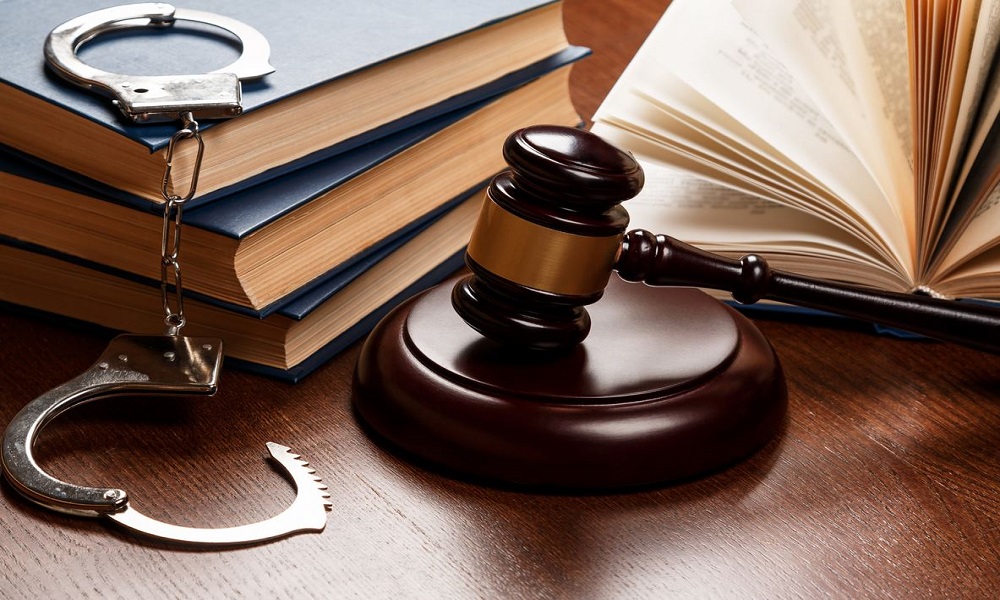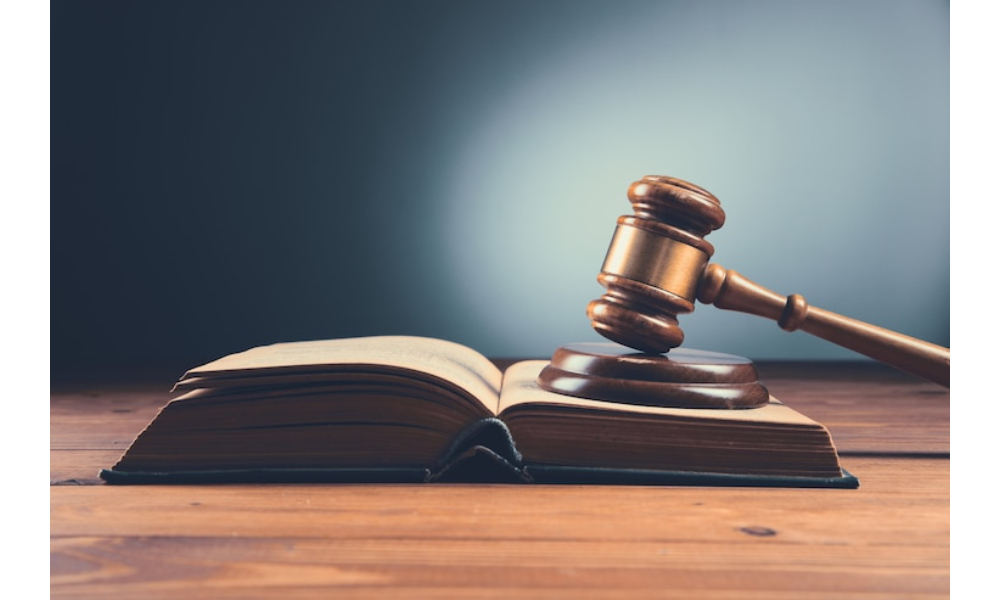1. INTRODUCTION
Laws about civil and criminal cases. To put it plainly, everyone is aware of two of these laws: criminal and civil. While there are many distinctions between criminal and civil law, all legal systems aim to preserve safety, tranquility, and a protected environment. To help you learn more about criminal and civil law, we’ve included book recommendations in this blog. Also check: good criminal lawyers in bangalore
2. CIVIL LAW
Within our legal system, the field of civil law handles issues that arise between private parties, including people, organizations, and enterprises. Other names for this civil law are private law and non-criminal law. Only issues or disagreements that have emerged between two or more people and the organization are resolved in this legal part.
2.1 PARTIES INVOLVED
The following parties are involved:
- Plaintiff: The person or entity bringing a civil case (petition) in the proper court against the defendant is known as the plaintiff.
- The person or entity that the plaintiff filed the case against is known as the defendant. It is alleged that the defendant violated the plaintiff’s rights or caused harm or injury.
- Lawyers: As they assume their clients’ responsibilities, lawyers play the most significant roles in every given situation.
- Third Parties: In civil matters, a third party may occasionally testify.
- Witnesses: Witnesses are the people who serve as fact witnesses.
- Judge: The judge renders a legal decision and makes sure that the case’s formalities are followed.
2.2 FEATURES
- Conflicts between persons and organizations are handled by civil law.
- The principles of justice, fairness, and the rule of law serve as the foundation for civil law, which safeguards parties’ rights and expeditiously resolves conflicts.
- Typically, a judge’s or a panel of judges’ decisions constitute cases.
3. CRIMINAL LAW
Penal law, also known as criminal law, deals with crime and punishment. This area of the law handles both criminal and socially injurious offenses. According to criminal law, an accused person faces punishment for any offense they commit that is against the law or that has a malicious nature and hurts society.
3.1 PARTIES INVOLVED
Everybody involved works within the legal framework to make sure that everything proceeds fairly and by the law.
- The Government Attorney oversees the prosecution, which essentially represents the state or the federal government.
- The Defendant: The defendant is the individual against whom the committing crime has been accused.
- The Judge: The judge supervises the whole criminal case and ensures that everything is going according to the law and the proceeding is conducted fairly way.
- Witnesses: witnesses are those who may have the knowledge or evidence which is significant to the case.
- Victims: in certain criminal cases, there may be a victim of the scenario who has suffered in an incident and as a result of the claimed crime.
3.2 FEATURES
- Criminal cases deal with transgressions against the community at large as opposed to interpersonal conflicts.
- When someone is found guilty of a crime, they are subject to fines and penalties under criminal law.
- Criminal cases have a higher burden of proof than civil proceedings.




